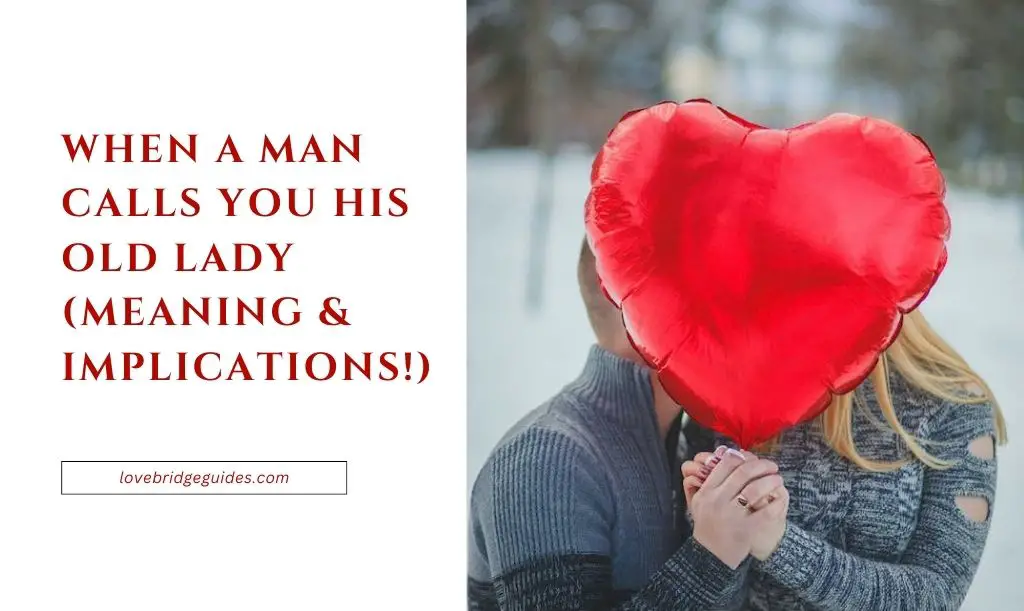When a man calls you his “old lady,” it’s a term that can carry both endearment and controversy.
In this modern era of evolving gender dynamics, it is crucial to explore the implications and nuances behind such expressions.
To truly understand the significance of being referred to as an “old lady,” we must delve into its definition, its cultural context, and its origins.
Definition Of The Term “Old Lady”
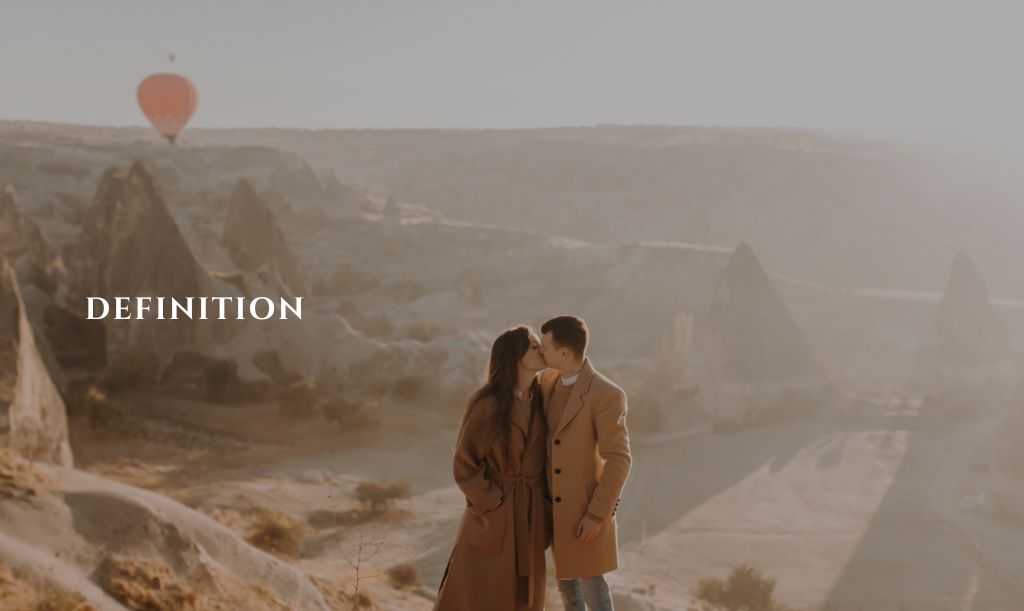
The term “old lady” has long been used colloquially to refer to a woman who is in a romantic relationship with a man.
However, it is essential to clarify that this expression does not imply age or seniority.
Rather, it conveys a sense of belonging and familiarity within the confines of partnership.
While some may find the terminology outdated or even offensive, others perceive it as an endearing nickname that carries sentimental weight.
Cultural Context And Origins Of The Term
To grasp the cultural context surrounding being called an “old lady,” we must turn our attention towards the biker subculture.
Historically rooted in motorcycle clubs, this subculture developed its own vocabulary laden with symbolism and camaraderie.
Within this realm, referring to one’s partner as an “old lady” was more than mere terminology; it signified loyalty, trust, and mutual respect.
This cultural influence extends beyond bikers; popular media has also played a significant role in shaping perceptions of relationships.
Movies like Easy Rider or TV shows like Sons of Anarchy have depicted strong male characters affectionately addressing their female partners as “old ladies.”
These portrayals have seeped into collective consciousness, perpetuating certain ideas about love and commitment.
Overall, while some may dismiss being called an “old lady” due to concerns about ageism or possessiveness, it is important to understand the historical and cultural significance of this term.
By examining its roots within the biker subculture and its portrayal in media, we can gain valuable insights into how it has shaped relationship dynamics.
In the following sections, we will further explore what it means when a man calls you his “old lady” in modern society.
The Evolution of the Term in Popular Culture
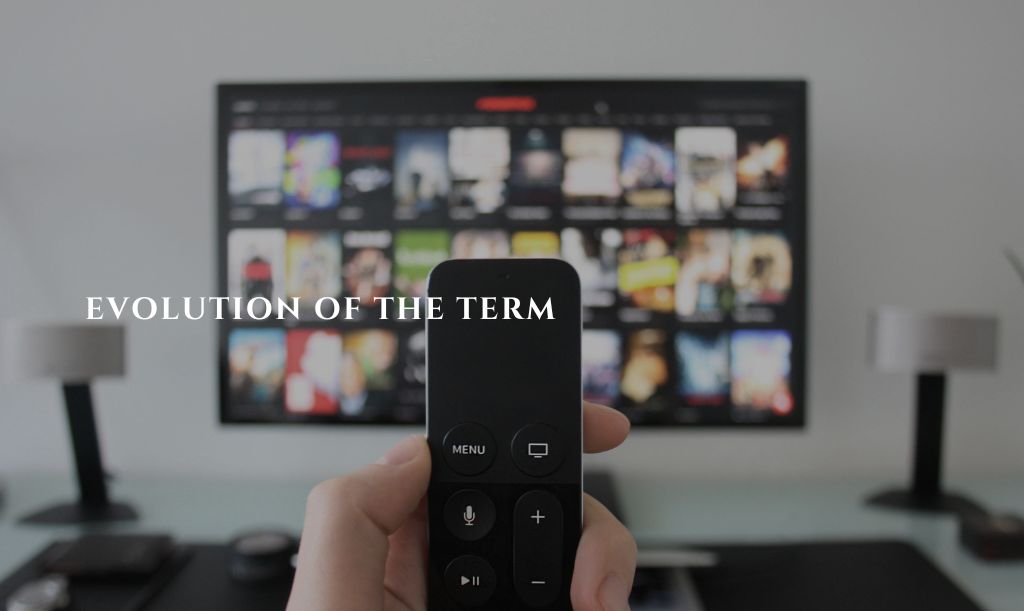
The impact of the term “old lady” extends beyond the boundaries of motorcycle clubs and has infiltrated popular culture, particularly in movies, TV shows, and literature.
Its portrayal in various media has contributed to the way society perceives relationships.
In movies like “Easy Rider” and “Sons of Anarchy,” where motorcycle clubs take center stage, the term is frequently used to depict a deep connection between a man and his partner.
These portrayals often romanticize the notion of being an “old lady,” showcasing women who are strong-willed, independent, and fiercely devoted to their biker counterparts.
In literature and television shows, the term has been both celebrated and criticized.
Some argue that it perpetuates stereotypes by portraying women as passive companions or possessions of their male partners.
On the other hand, proponents assert that it can also be seen as a nod to personal choice and empowerment within this specific subculture.
Overall, popular culture’s adoption of this term has played a significant role in shaping societal perceptions of relationships.
It has provided insight into alternative forms of partnership that exist outside traditional norms.
Relationship Dynamics
The term “old lady” is a phrase that could either make your heart flutter or send you into an existential crisis.
When a man calls you his old lady, what does he really mean?
Is it an expression of affection and endearment or a subtle way of asserting ownership and commitment?
The intent behind this choice of words can be perplexing.
While some men may genuinely use it as a term of endearment, others might unknowingly perpetuate age-old power dynamics within relationships.
Expressing Affection And Endearment
For those who view being called “old lady” as an expression of affection, it can evoke warm feelings and create an intimate bond.
It signifies that you are cherished and valued as someone special in their life.
This usage may stem from the belief that familiarity breeds comfort, turning the conventional idea of age on its head.
In this context, it can be seen as a playful way to convey deep affection while maintaining a sense of camaraderie.
Reflecting A Sense Of Ownership Or Commitment
On the other hand, the term “old lady” can also reflect deeper implications in terms of relationship dynamics.
It may imply possession or ownership, suggesting that one partner is staking their claim over another.
This connotation could align with traditional gender roles where women were treated as possessions rather than equal partners.
The phrase might unwittingly reinforce outdated notions that women should be subservient and obedient to their male companions.
Analyzing Power Dynamics Within Relationships
The use of terms like “old lady” underscores broader power dynamics within relationships.
Traditional gender roles often assigned men dominant positions while relegating women to submissive roles.
By embracing such terminology without questioning its implications, we inadvertently perpetuate these entrenched power structures.
It is essential to critically examine the language we use and the values it perpetuates, as it can shape our perceptions of ourselves and others.
Analyzing Gender Roles And Expectations Associated With The Term
The term “old lady” carries a weight of gender expectations that we need to unravel.
It harks back to a time when women were expected to be nurturing, subservient, and solely focused on their male partner’s needs.
By accepting this term without reservation, we risk reinforcing these regressive expectations and limiting the potential for more egalitarian relationships.
Calling someone an “old lady” often reinforces traditional notions of masculinity and femininity.
Men using this expression may perceive themselves as protectors or providers while expecting their female partners to assume roles associated with submission or caretaking.
This narrow understanding of gender roles overlooks the diverse identities and capabilities that exist within individuals.
Modern Interpretations
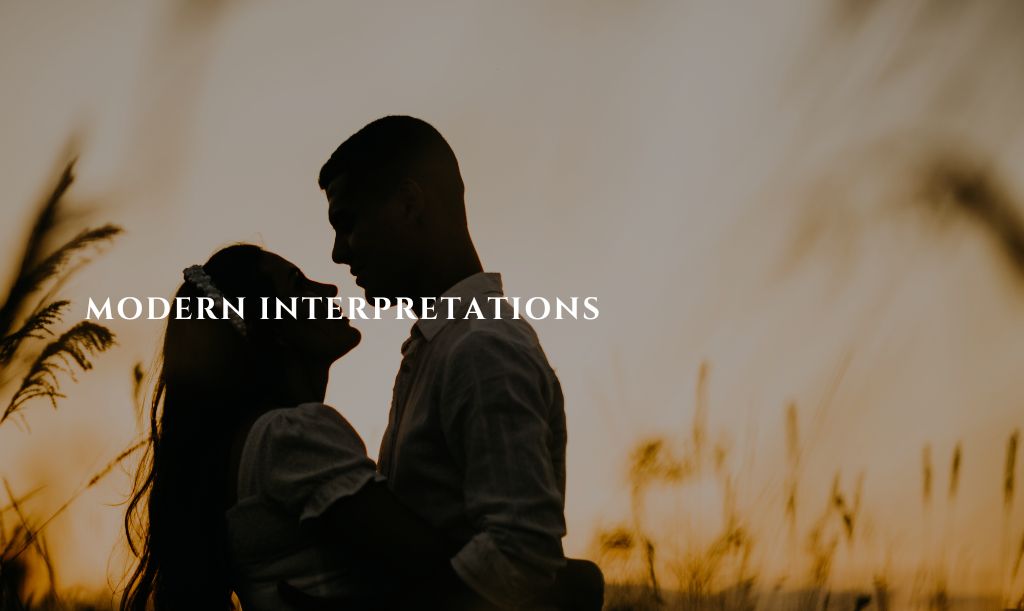
While the historical implications surrounding being called an “old lady” might seem disheartening, modern interpretations have allowed for subversion of its traditional meanings.
In recent years, feminist movements have embraced reclaiming derogatory terms as acts of empowerment.
Some women have adopted “old lady” as a way to challenge stereotypes and reclaim agency over their own identities.
By appropriating this phrase, they aim to redefine its meaning in a way that reflects strength, independence, and resilience.
Furthermore, individuals can choose to identify themselves as an “old lady” with agency and intention, challenging the stereotypes associated with the term.
This approach allows for a reimagining of relationships, where both partners embrace their individuality while fostering mutual respect and equality.
Alternative Terms For Expressing Similar Sentiments
As we strive for more egalitarian language choices, it’s worth exploring alternative terms that can express affection without reinforcing traditional power dynamics.
Couples have long concocted unique endearing nicknames to symbolize their affection for one another.
From “sweetheart” to “darling,” these terms can foster warmth and intimacy without relying on outdated gender dynamics or possessive connotations.
By embracing a wider range of expressions, we open ourselves to more inclusive and respectful relationship dynamics.
Ultimately, we need to challenge ourselves to shift away from language that upholds traditional gender roles.
By opting for language that emphasizes equality, respect, and shared experiences within relationships, we create space for healthier connections built on mutual understanding rather than predefined expectations.
Controversies and Criticisms
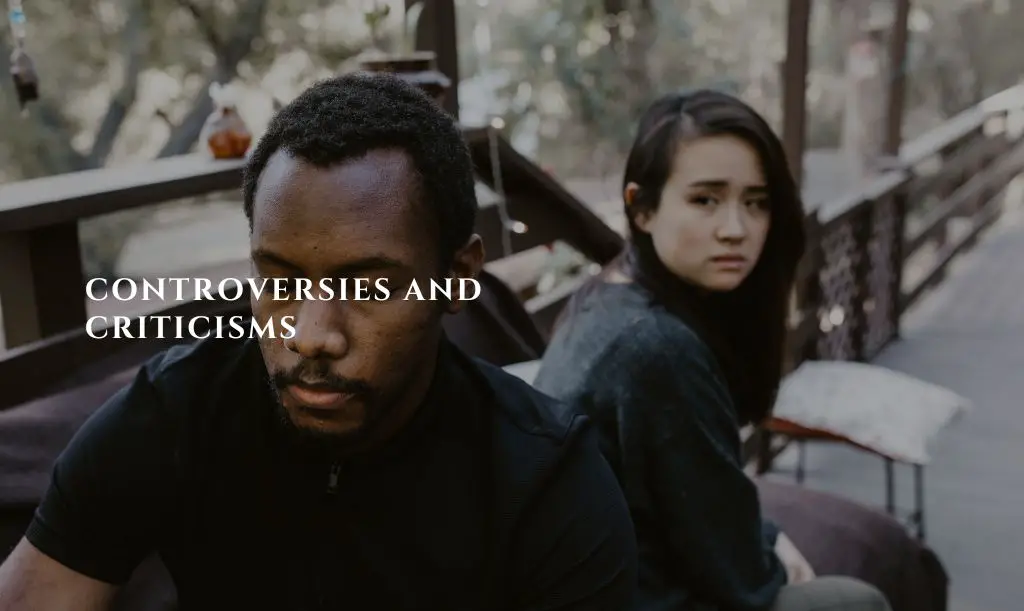
While some may find being called an “old lady” endearing or empowering, it is crucial to acknowledge the potential negative connotations surrounding this term.
Using the phrase “old lady” can evoke perceptions of possessiveness or objectification within a relationship.
This may lead to feelings of being reduced solely to one’s role as a partner and can undermine individual autonomy and agency.
It is essential to consider the impact of such language choices on one’s sense of self-worth and worthiness within a relationship.
Reinforcing Age-Related Stereotypes
Another concern lies in the reinforcement of age-related stereotypes.
The term “old lady” implies that age is a defining factor within relationships, potentially marginalizing those who do not fit societal expectations regarding age or maturity.
Relationships should be built on connection, shared values, and emotional compatibility rather than conforming to societal norms surrounding age.
Communication Breakdowns Caused By Differing Interpretations
Using ambiguous terms like “old lady” can lead to miscommunication and misunderstanding between partners due to varied interpretations.
While one partner might intend it as an endearing term, the other might perceive it differently, resulting in a breakdown of effective communication.
Open dialogue about language choices and their meaning becomes crucial in fostering healthy relationships.
When A Man Calls You His Old Lady: Conclusion
So, what does it mean when a man calls you his old lady?
Well, the term “old lady” holds complex meanings within relationship dynamics.
Understanding its intent, questioning traditional gender roles associated with it, and exploring alternative expressions are vital steps towards fostering equality and respect in relationships.
By challenging outdated language choices and embracing more inclusive terms, we create spaces for genuine connection, mutual growth, and empowerment for all individuals involved.
Let us strive for relationships founded on true partnership rather than perpetuating regressive power dynamics that hinder our collective progress towards a more egalitarian future.
Related Articles:
- https://lovebridgeguides.com/why-do-guys-always-overlook-me/
- https://lovebridgeguides.com/i-told-my-crush-i-like-her/
- Does A Prom Date Mean Anything? (Answered!) - 20 February 2024
- Boyfriend Refers To Me In Third Person (Explained!) - 20 February 2024
- Is Sending Memes Flirting? Find Out Here! - 20 February 2024

